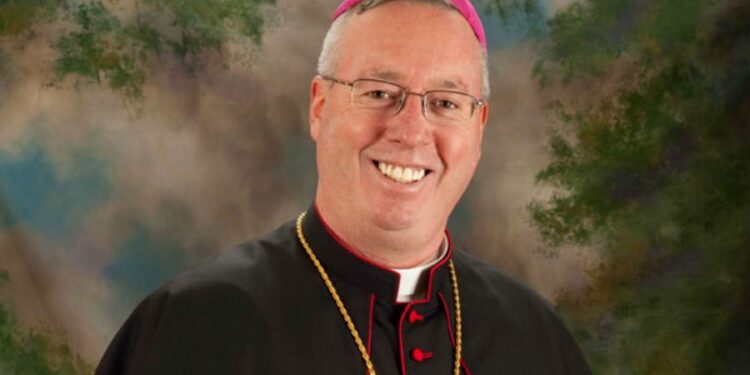“Conversation is very important,” he said further. “When you’re dealing with these issues, especially [with] children — but at this point I’m talking about adults — we need conversation and clear understanding on what Church teaching in this matter is.”
Coyne stressed that, when dealing with children who suffer from gender dysphoria, “we have to be very careful.”
“When the child presents themselves with this issue, we have to first say, ‘We love you, we understand you’re going through these things, we have to be patient and walk with you.’”
“We have to involve the parent, or parents,” he said. “We walk with the child, we love the child, and we work with the family.”
The Catholic Church in recent years has moved to address gender ideology. The Dicastery for the Doctrine of the Faith this month released the declaration Dignitas Infinita, which stressed “the promotion of the dignity of every human person.”
The document states that “all attempts to obscure reference to the ineliminable sexual difference between man and woman are to be rejected” and that “only by acknowledging and accepting this difference in reciprocity can each person fully discover themselves, their dignity, and their identity.”
Asked how the Church might minister to transgender-identifying individuals while still affirming the truth about human bodies, Coyne said: “I think we continually talk about how we were made in the image of God, that God created us male and female biologically, and that that’s a good thing, and that’s something we should accept.”
“How we live it out in terms of gender expression is another question,” he argued.
But “we can continually affirm the goodness of human creation, and our bodies as male and female, and that it’s not something that needs to be in conflict with our gender, or seen as a mistake.”
“It’s a given. It’s a beautiful thing,” he added. “It’s God’s graces already operating in that person by virtue of creation. Start with the theology.”
Credit: Source link




